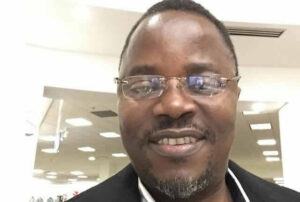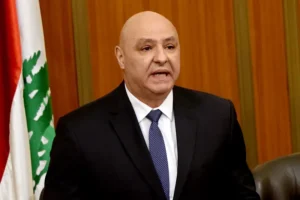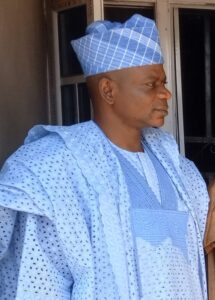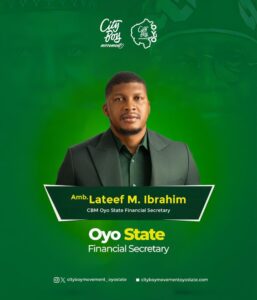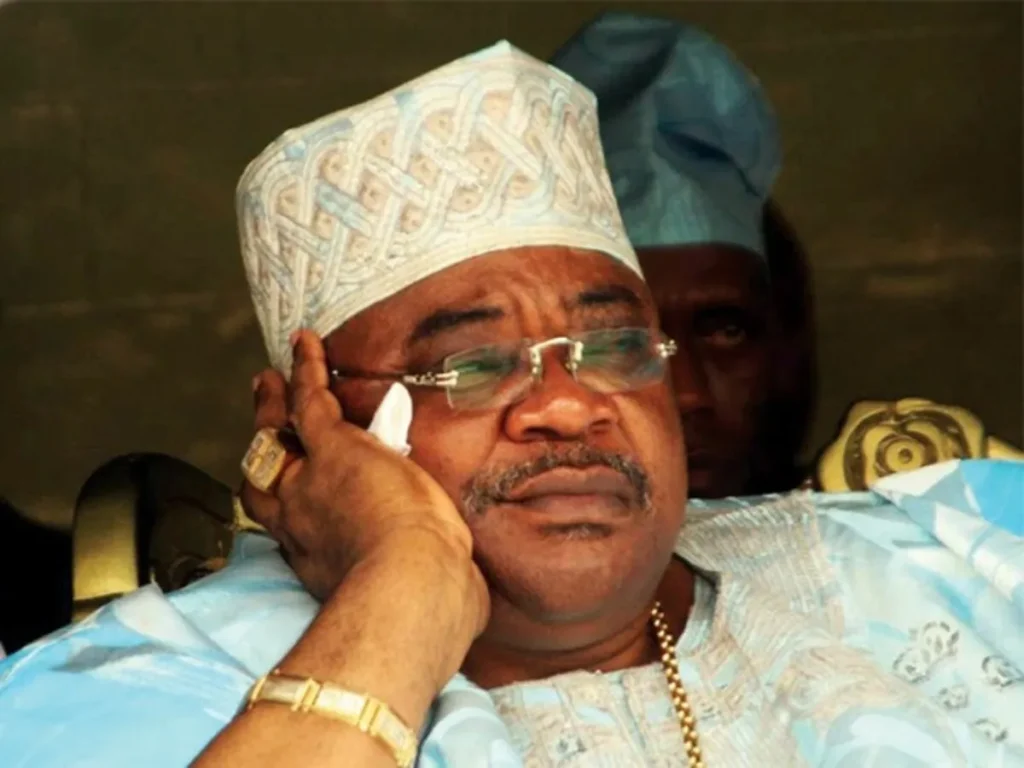
By Ayokunle Olatubosun
In the golden days of Yoruba nobility, when wealth, honour, and influence echoed beyond borders, few names rang as brightly as Dele Adeyemo, fondly remembered as Omo Ogun Ogungba. His affluence and hospitality were so legendary that the king of juju music, King Sunny Ade, immortalized him in a melodic tribute:
“Dele Adeyemo, omo ọlọlá o o, o ba mu mi d’agbala rẹ nibi owo nso…” (“Dele Adeyemo, son of affluence, you bring me into your courtyard where money flows…”)
Those lyrics weren’t just praises; they captured a man whose success commanded respect and inspired poetry. But decades later, the memory of that same man has found itself at the center of controversy. One of his erstwhile daughters recently sought the exhumation of his remains, reportedly to confirm paternity and stake a claim to his estate.
Across town, another high-profile name faced similar drama: Toyin Alao Aderinto, alleged estranged daughter of the late Otunba Adebayo Alao-Akala, took legal steps over inheritance and reportedly requested the exhumation of the former governor.
What connects both sagas is not just wealth, but the erosion of traditional conflict resolution and the cultural trauma caused when family matters reach courtrooms and, worse, disturb the graves of ancestors.
The Grave Consequences of Courtroom Battles
The exhumation of a patriarch is no light matter. In Yoruba culture, the grave is sacred, ibùkún ati ire lo wa nínú ìsìnkú, blessings follow a peaceful burial. To disturb the dead is to risk spiritual backlash, family division, and public disgrace.
Yet, in both the Adeyemo and Alao-Akala cases, we see a rising trend where personal truth is prioritized over collective peace. DNA tests, lawsuits, and injunctions have replaced the family compound, elders, and lineage dialogue.
These cases raise difficult questions:
Should biological truth override the peace of the dead?
What is the cost of seeking inheritance when the price is cultural dishonour?
Where were the elders before the courts were called?
To understand the weight of the Adeyemo controversy, one must revisit the man himself. Dele Adeyemo was not just wealthy; he was respected. His home was a place of largesse, where musicians, kings, and commoners found welcome. That King Sunny Ade dedicated such iconic lyrics to him says it all: he was a cultural pillar.
But even the mighty are not immune to posthumous contention. His daughter’s bold move to seek exhumation reflects a deeper societal shift, a generation increasingly cut off from traditional systems of resolution, and driven instead by legal frameworks that do not always respect cultural sensitivities.
Similarly, in the case of Toyin Alao Aderinto, his legal move against the estate of Otunba Alao-Akala raised eyebrows not just for its inheritance implications, but because of the emotional and spiritual weight it carried. For a political icon whose funeral was attended by the who’s-who of Nigerian society, any attempt to revisit his final resting place invites not just legal scrutiny, but public sentiment and cultural rebuke.
Toyin Aderinto’s legal challenge offers a similar cautionary tale. While every individual has a constitutional right to seek recognition or inheritance, the method matters. For a man like Alao-Akala, whose political and philanthropic legacy is still fresh in the minds of many, to have his burial questioned is seen by some as an emotional betrayal.
The matter could have been first subjected to internal family discussions, community arbitration, and traditional channels. Courts may validate a claim, but only families can preserve dignity.
Reclaiming the role of family elders
In traditional Yoruba settings, “agba kii wa loja, ki ori omo tuntun wo” (the presence of elders was meant to prevent youthful actions from derailing into public spectacle). Unfortunately, modern generations are increasingly bypassing these elders for courtrooms, where evidence matters more than emotions, and DNA results carry more weight than oral history.
The root of these issues lies in the gradual collapse of family authority. Where once compound heads, lineage custodians, and council elders held sway, silence and suspicion now reign. Inheritance conflicts fester in private until they explode in public.
It is time to reinvigorate family dispute resolution models. Before any child, estranged or unknown, seeks DNA confirmation, let the family meet. Before graves are disturbed, let the elders speak. Justice is not only a legal ideal; it is also a cultural responsibility.
Final Thoughts
Let it be clear: this editorial does not oppose legal recourse where rights have been trampled. Every Nigerian deserves access to justice. But the rush to court, especially over matters involving dead parents, must come after exhausting intra-family mechanisms, including meetings with compound heads, mediation by elders, and input from traditional authorities.
From the lavish compound of Dele Adeyemo, where money once flowed like music, to the courtroom where his daughter now fights to be recognized… and from the grandeur of Alao-Akala’s state burial to the legal motions filed by his estranged daughter … we must ask ourselves: Are we truly honoring our dead or using them to settle the scores of the living?
Let us return to dialogue, tradition, and dignity. Let the courts be the last option, not the first shovel at the graveside.


